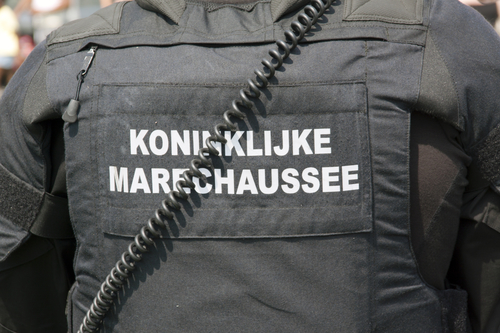Dutch military police are taken to court for ethnic profiling


Human rights organisations and two private individuals are taking the Dutch military police Marechaussee to court for allegedly using ethnic profiling during border controls, the NRC reports.
The case, which begins on Wednesday, is being brought by Amnesty International, the lawyers for human rights committee NJCM and two Dutch people who claim to have been checked repeatedly on entering the Netherlands because of the colour of their skin.
Ethnicity as a selection criterion is discriminatory and not based on any objective or justifiable grounds, the organisations say.
The military police admit that ethnicity forms part of its controls, which are aimed at combating illegal immigration, passport fraud and people trafficking but denies it is the only reason to stop people.
‘We work with risk profiles in which ethnicity is one of a number of characteristics taken into account when carrying out spot checks,’ a spokesman for the Marechaussee told the paper.
However, lawyers say decisions to stop people are often based on prejudice which leads to discrimination.
‘You can pick out people at random, without using ethnicity as a criterion. That means you don’t pick out people based on prejudice. You may then find people with a false passport which would otherwise not have been picked out based on the standard risk profile,’ lawyer Merel Hendrickx of the Public Interest Litigation Project (PILP) said.
PILP, which is part of the NJCM, was recently successful in banning the Dutch government’s algorithm-based fraud detection system SyRI because it conflicts with the European treaty on human rights and with privacy legislation.
Thank you for donating to DutchNews.nl.
We could not provide the Dutch News service, and keep it free of charge, without the generous support of our readers. Your donations allow us to report on issues you tell us matter, and provide you with a summary of the most important Dutch news each day.
Make a donation